Apple's WWDC kicks off on Monday, detailing various anticipated features that Apple has been incrementally rolling out over the past several years. But what is it like to actually be an app developer in the Apple world of app platforms? What does it take to ship an app? How is WWDC useful to developers?
I've been attending WWDC since the days of iPod. A few times I paid to attend as a developer. The statute of limitations has since passed, so I can suggest that once I may have sort of walked in and stayed all week as stowaway.
It was, and is, still hard to secure a ticket to WWDC. The number of attendees Apple can functionally accommodate is finite, despite lavish resources and global scale.
Among Apple's primary WWDC goals in the Steve Jobs era was to keep its secret new developments under wraps with NDAs to stop leaks to the press. I was the press! Should I be allowed and trusted to balance on the tight wire between deeply understanding Apple and publishing all its secrets?
Apple knew who I was, and that I was wearing the badges of both media and attendee.
Starting in 2011, Apple radically tried something new with its press relations. It invited me, among a dozen of other tech journalists, to not just attend its opening public address, but to spend all week at WWDC and talk to real developers, sit through the sessions with them, and really gain a better understanding of what it means to write and manage code and to integrate with Apple's frameworks and new technologies, and what those new frameworks will do for buyers and the existing installed base of users.
I somehow got myself invited back every year until WWDC got derailed by the pandemic, where we instead began watching it from home.
WWDC usually falls on the first week of June, which happens to coincide with my birthday month, and sometimes, like this year, even my actual birthday on June 10. So it always felt like a giant package of the best gifts a nerdy technology aficionado could hope for. Sorry I can't party, it's WWDC.
June happens to be the month right when Apple has enough clarity of its plans for the end of the year to begin sharing them with its developers. And, it's when the projects that were sanctioned to be released that year are done enough, right now in beta, to show them off and allow developers to get started using them.
In each new iOS and macOS release, Apple's newly minted or freshly enhanced frameworks create APIs that allow developers to access the underlying code Apple has already written, and thus focus on just coding what novel things their app does. Developers need to learn Apple's evolving platforms like a second language.
Ich bin ein Berliner
I have a "high-level" understanding of development, Xcode, building apps, distributing them on TestFlight to debug, and then on the App Store to launch. Which, honestly, means I speak code about as well as an American living in Berlin speaks German after five years. Guten Tag, genau, mit Carte bezahlen, Bitte, and so many more.
Attending more than a decade of WWDCs certainly exposed me to a lot of information and insight, but I can't rattle off Objective C or Swift in the fluent way native German speakers effortlessly dip into Dative while ordering Donner mit Allem.
Okay, I can do that too, but that's about the edge of it.
Living part time in Berlin, I really should be making more of an effort to learn German, because a language is a culture. There are things you can't understand if you don't know how a group of people around you not only speak, but think. It's not just using different words; they "think different" as Apple once said.
In another language, there are jokes you don't know are funny, there are political ideas that you aren't aware of that are affecting how things are, and there are social cues that you won't grasp if you don't learn the local communication culture.
I think app development might be the same for me. I have enough understanding of coding to navigate documentation and write about new technologies and grasp what is possible and what isn't.
I can't say that about some other journalists, like the Wall Street Journal writers who shared out loud their absurdist ideas ranging from, "It's time for Apple to discontinue the Macintosh" back in 2015, to their 2017 disbelief anyone would pay $999 for a phone!, or their evergreen inability to grasp that volume sales of $13 wristbands aren't material and relevant to pit against Apple Watch in a cage match.
I'm not at Circus Clown level journalism when it comes to talking about Apple's iOS, the App Store or Vision Pro and so on. I do feel I need to be better acquainted with using Apple's platforms in the real world to deliver apps, in order to better deliver an informed and nuanced appraisal of how well Apple is doing with its platforms and what pain points developers face.
What Would Daniel Code?
To that end, I'm starting a training camp on iOS development, and embarking on a personal development arc of app development. But beyond writing my first Hello app on the pedestrian level of ordering food in another language, I'm also joining a project already in development to create a novel app, in order to hit the ground running and gain a real world grasp of the down and dirty in development and creating a shipping product.
Several years ago, I met a new friend at the old Gruesmuele, at one of their casually legendary all-weekend-long techno parties of pre-pandemic Berlin. While standing out in the ramshackle garden open air, he descried at length his dream for a new kind of app.
His concept was sort of a game, but also a private social network of sorts, and also a bit a of a dating app, all wrapped around something like the concept a certain cherished, nostalgic item from Japan.
We've been friends ever since. Our conversations have frequently come back to his dream app, the particular details of it, and why it could be popular and useful and stand out in a crowd of hundreds of thousands of other apps.
Building an app is only half the battle. You also have to gin up engagement and built a platform of users who appreciate it enough to use it.
I offered my own thoughts about his app. What if you adopt some of the latest technologies that Apple wants to show off; perhaps the company would feature your app and you'd explode in views and downloads?
What if, on the way to delivering your app, you float out some attractive iMessage Sticker Packs to create some interest and anticipation for your project? Apple would love that, too.
The opposite of Artificial Intelligence, but maybe using AI
Another idea that came to my mind was something unique to my experience. What if you give people who are neurodivergent a useful and unique way to express themselves and connect with others? From that point, my very specific application I imagined for his app idea only got more grandiose in its altruism.
What if you could help children who are different to learn how to better share their thoughts in the ways they feel comfortable, allowing them to grow up into adults confident in their own ideas in such a way that they help make the world a better place with their diversity of thought? Perhaps as an alternative to feeling bad about themselves on Instagram and being programmed by the PRC to hate the West via TikTok.
An app that delivered a new level of accessibility for the neurodivergent and promoted diversity of thought and was secure and private and skirted the problems of social media would be right up Apple's Cupertino alley the way a gurgle of a monopoly pricks up Microsoft's ears.
A diverse world of human ideas all competing for attention, like the titles in the App Store itself, is a democratized meritocracy where everyone can participate.
That vibrant vision of a human-centric future comes in stark contrast to the impending reality of one big monoculture of a Large Language Model of Artificial Intelligence, where we are confidently dictated "possibly hallucinated facts" and our civilization is confused about the nature of truth, right into a new dark age.
A LLM can average in everything and can poop out "carrier friend, good enough" ideas that are probably better than average and much cheaper than paying for someone's human labor to conceive.
Particularly speaking as a journalist, I don't care for that kind of an AI world.
I can already run my old articles through GPT and end up with a more grammatically correct, sensibly worded version that's probably easier to read. That AI-perfected version isn't me anymore. It strays from delivering the actual thoughts I had put together in the way I formed them, and instead reworded things to sound boilerplate with no wit nor anything unusual going on.
It's not a human mind writing from human experience. It's a machine that's just calculating the probability of a certain word appearing after another word. It's filler.
I have always tried to write with enough original character that readers know it's me writing before they see my byline. My personal blog wasn't named "Perfectly Arranged Words that Offend Nobody and Say Nothing of Interest;" it was named "Roughly Drafted," as in, ideas my brain had been sketching out in broad outlines over time.
Could AI have predicted that Microsoft's Zune and its Windows Phone; that Google's tablets; and that Samsung's copycatting all faced a powerful moat of innovation at Apple?
An LLM could at best churn out an amalgamation of Bloomberg, Nikkei, and the Wall Street Journal, all summarizing how Apple was just about to die over the last 20 years because somebody was announcing they were "taking on" one of its products. Perhaps AI could have hallucinated some small success for Apple in its own text generation. Certainly, an AI model trained on consumer financial news wouldn't have invested in Apple.
People reading my articles did invest in Apple. I know this because a lot of millionaires have told me so and thanked me. Many of them saw the humanity of what I was writing. That I was not just putting words in order. They were feeling and noticing that I was feeling and noticing something: patterns in human behavior too emotive for machine learning to grasp how to glean out of publicly available text.
Now in many scenarios, AI genuinely promises to make things better for people working on almost anything. Even for a lot of writing tasks, having an AI assistant to fill in the boilerplate text is better than fine. Like the foundational frameworks of Apple's OSs, it allows a creative mind to focus on the specifics what new thing they are creating.
AI is also demonstrably great at backing up and looking at vast amounts of data and pulling out useful threads. Apple has already delivered machine learning tools to, for example, find people who reappear in your photos, and even the text on the signs in your vacation pictures. Those kinds of AI allow you to collect and find gem needles in your haystack of an iPhoto library.
Among the things AI may be really good at doing is handling the repetitive structures in code development. It also may be really good at finding common patterns of mistakes a human might skim past, or in suggesting ways you could take advantage of new, emerging technologies and even automate the task of integrating these changes right into your existing code for the benefit of users, coders, and the platform itself.
All this win-win seems like an easy slam dunk for an upcoming "AI Xcode" and Apple's related development tools. The company had already showed off impressive batch editing features in Xcode, where you can do things like highlight multiple lines of code at once and update them all in parallel.
That was mind blowing, but this year's AI WWDC might make that seem ordinary.
The uniqueness of being Apple
As we tune into WWDC, Apple will unveil a lot of new things as it hits its full stride. Did you notice that Apple was still delivering through the pandemic, even as Google canceled its own efforts for Android?
What doesn't kill you makes you stronger.
Apple has since refined its presentation and upgraded its WWDC into one of the slickest productions to ever occur. Apple is also a movie studio now, if you haven't noticed.
Apple's also a multi-platform chip designer, deploying its Apple Silicon — and notably its Neural Engine for machine learning — not just in its notebooks, but also its tablets and phones. It also writes the frameworks and OS code across its different devices. That's unique.
Samsung, Microsoft, Sony, Google and others have totally different software platforms and unrelated OSs running their various different products. Those products also use whatever commodity processors were available when they were imaged by marketing.
Apple is the only major software maker building its own hardware and developing its own significant silicon, across the range of its products. That gives Apple incredible freedom in trying new things and optimizing the connections between its parts. Vision Pro is a great example of that.
The first and third parties
Apple has been wildly successful at building software platforms — iOS, macOS and so on — that package up new features each year, which are easy to both describe and demonstrate. This annual software upgrade cycle, closely integrated with the iOS and macOS brands, has become one of the best features of Apple's hardware products: they retain the support and the attention of the seller for years.
Some of Apple's most outstanding features are its first party services like Mail and Messages, which are so great that rarely does anyone use anything else, unless their company imposed their own corporate licensed communication platform for work. That's the case in America, at least, where Apple can launch everything from Stickers, to Apple Pay, to enterprise development of Messages apps because everyone uses Messages.
One of the worst things about being in Europe is that Apple doesn't reign over messaging by piggybacking above SMS numbers. For various reasons, including not wanting to give out a personal phone number, Europeans all seem to prefer a word divided into small groups that each fly their own colors and have their own customary ways of doing things, and where the boundaries between them aren't really difficult but they're still there for some reason. I guess that's the nature of Europe.
The way this translates into messaging is that every time you want to contact a friend, you have to call to mind which app he, she, or they have picked as their preferred way to talk to you. Perhaps it's Meta's Messenger because they want to keep you at Facebook Friend distance. It's probably WhatsApp, because Meta was forced to pay a lot for its rival because it couldn't woo away WhatsApp's customers.
If it's a group of friends who include dissidents, agitators, and artsy people, maybe you have to open up Telegram. Your dealer might ask you to use Signal. And the people you want to keep as Instagram Followers are probably hitting you up in your DMs in that app. That's a lot of apps to all have pushing notifications at you, or at least throwing up that attention sucking red number of a black hole of the App Notification Count that can't be ignored and demands you deal with it right now.
Apple's Safari, Photos, Notes, News, and — my favorite way before anyone else liked it — Maps are all so good and so popular that the world governments' politicians are trying to engineer their own platforms for Apple to build. The EU is asking, "Can you just change the iPhone so that our European corporations don't have to pay to use your platform!?"
Other politicians, or perhaps lobbyists, are demanding that platforms create open platforms for apps browsing the web, or even Photos or News. So far, politicians haven't yet demanded that Apple allow users to bypass its own Maps integration for Google Maps or the remains of what Nokia built. Call that a prediction, and we'll see if it happens.
Developers, Developers, Developers, Developers
Beyond the regular updates to iOS and its other software platforms, another major feature driving Apple's success is its third party developers. A diverse array of developers drive tremendous value to a platform because, firstly: small developers can show more direct interest in a specific niche need.
Secondly but no less important, competition between app makers also drives quality and creativity. That makes all the difference between the broad, vibrant, always fresh catalogue of App Store and failed footnotes in history, like the moribund Windows Phone Marketplace, or even a variety of Android stores and their various versions of who knows what mixed up with instant fraud-ware posing as a game or a useful sounding tool.
Will Apple's human curation that sets its App Store apart be perhaps assisted by AI tools in the future? Google, Meta, Microsoft and others have tried to replace human curation with AI probability algorithms. I think AI layoffs are an approach that worse than using AI as a tool for helping people do their jobs better.
As I become more of a developer and work more closely with actual developers, I hope to learn and be able to describe specifically where AI can radically advance our work and Apple's platforms and products, and where AI becomes a problem.
Specific to the new app project I'm working on, I expect to learn in deeper depth how easy it is to get started with Xcode and building one's own tools.
My grandiose notion of a neurodivergent communication tool, swirling around my friend's more general purpose product concept, launched a partnership to move forward in beginning the creation of a new mobile app. We are approaching a Minimum Viable Product.
And I've already learned a core truism of app development. Everything takes much longer than you thought and costs more than you imagined.
 Daniel Eran Dilger
Daniel Eran Dilger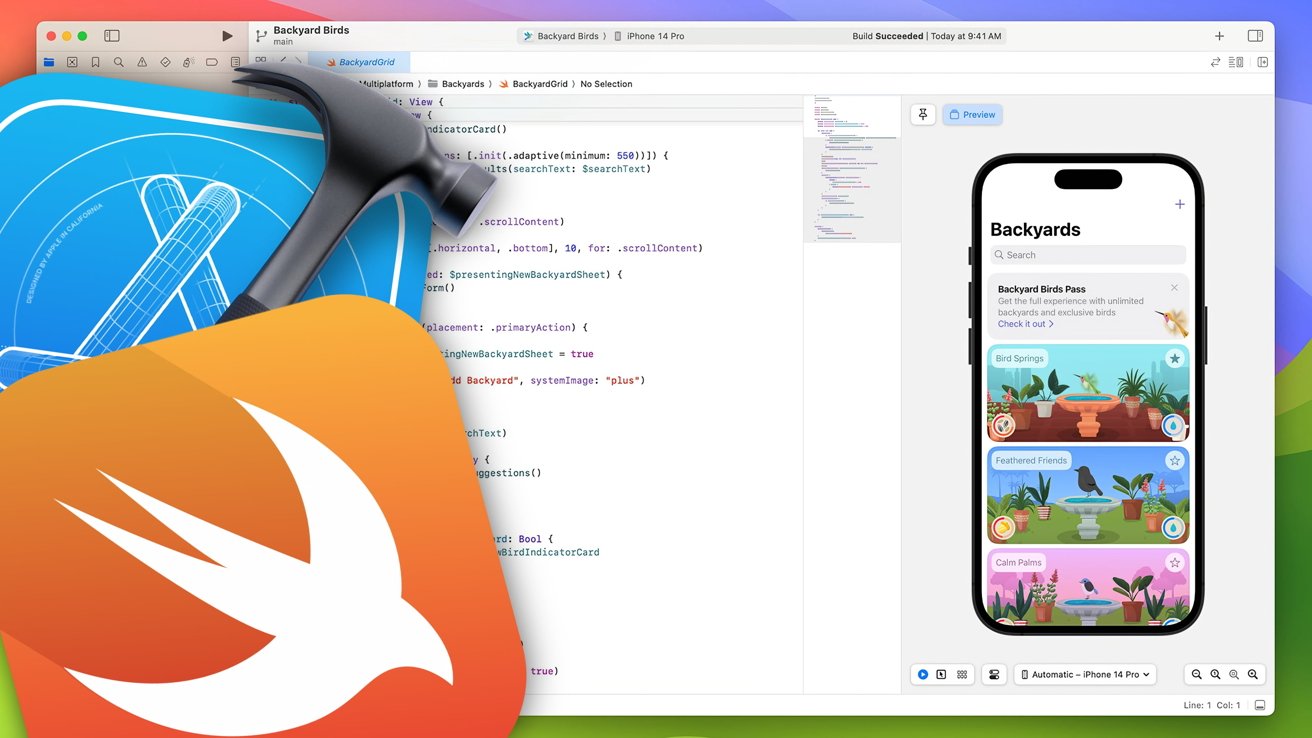
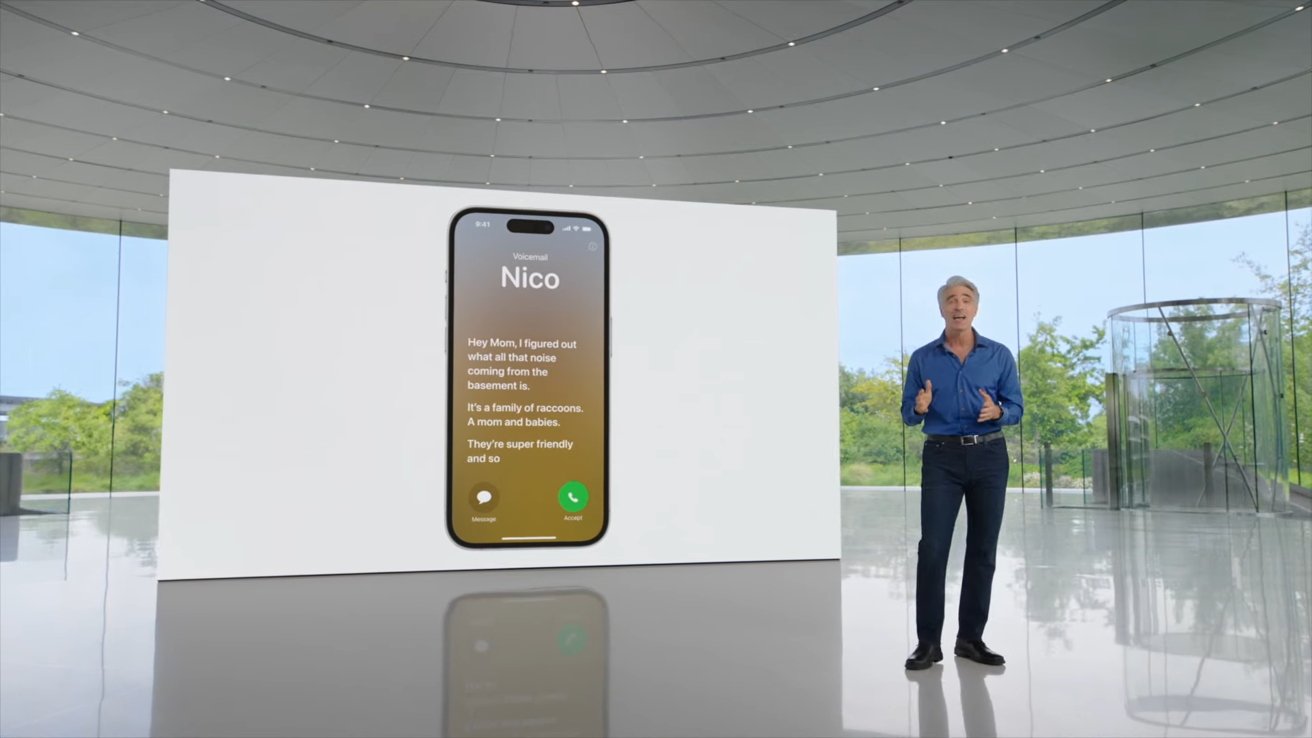

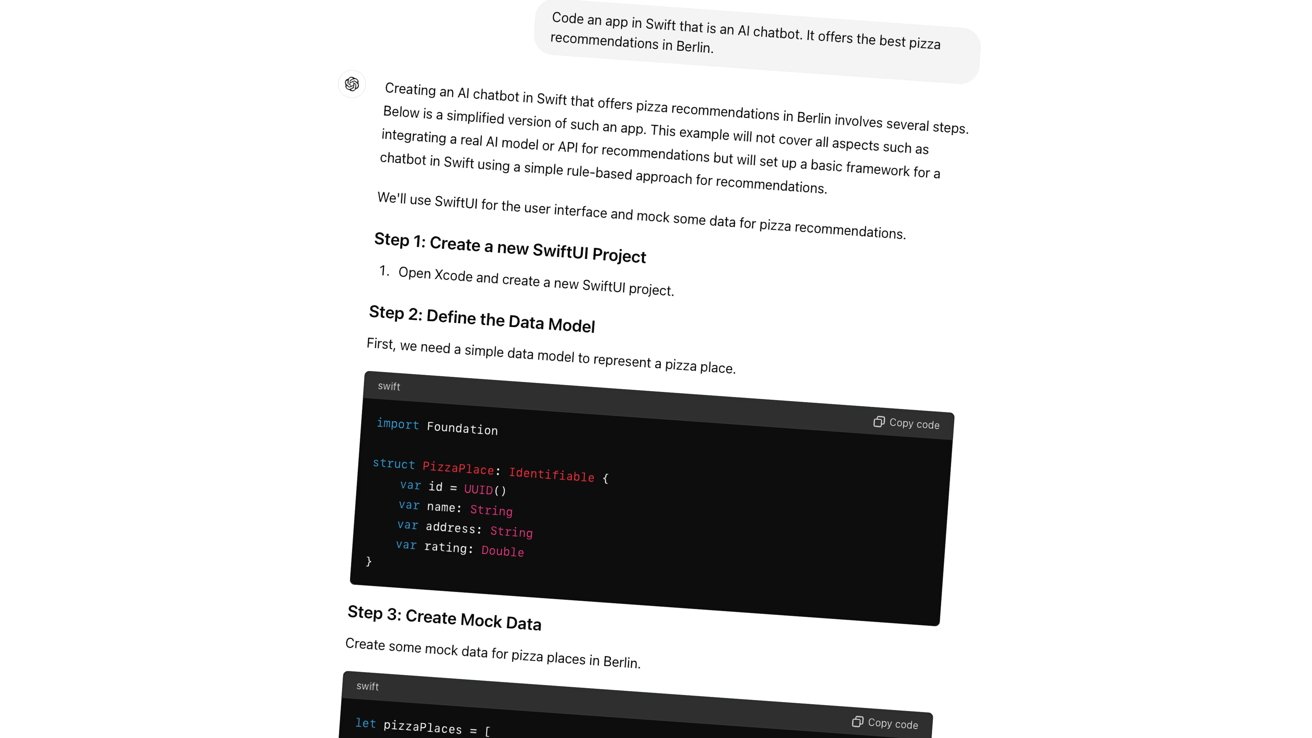
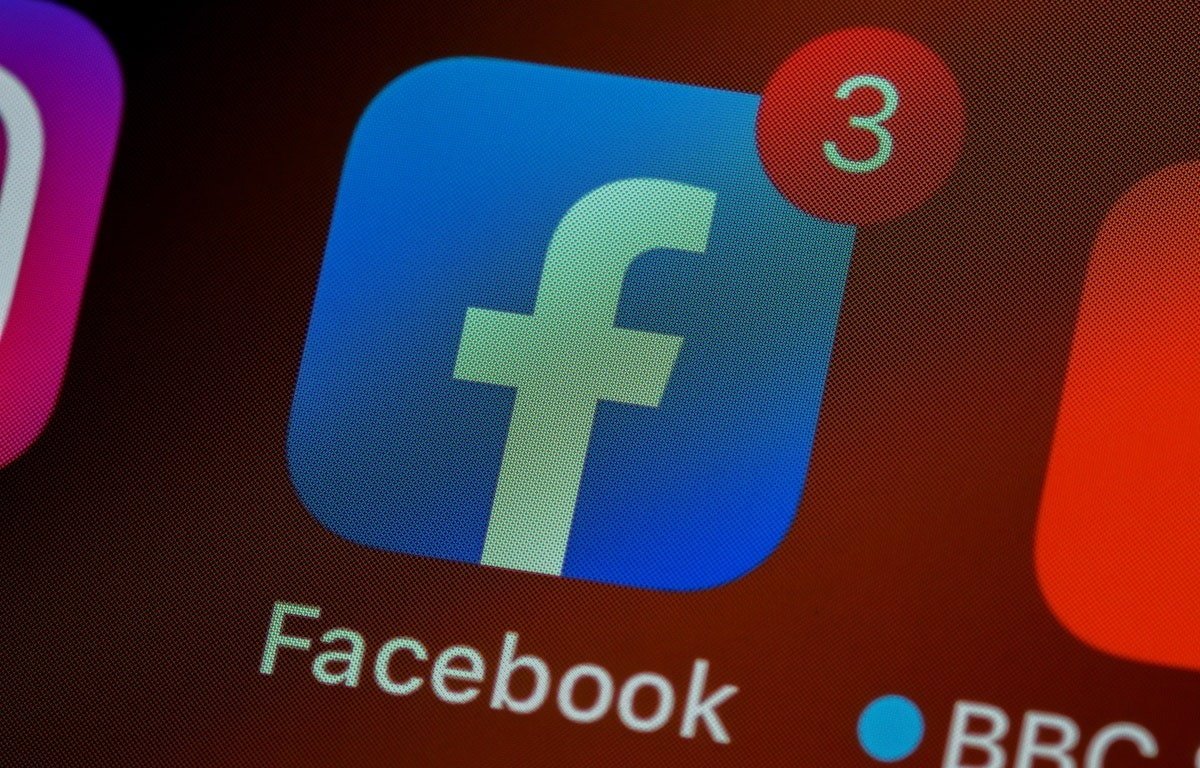
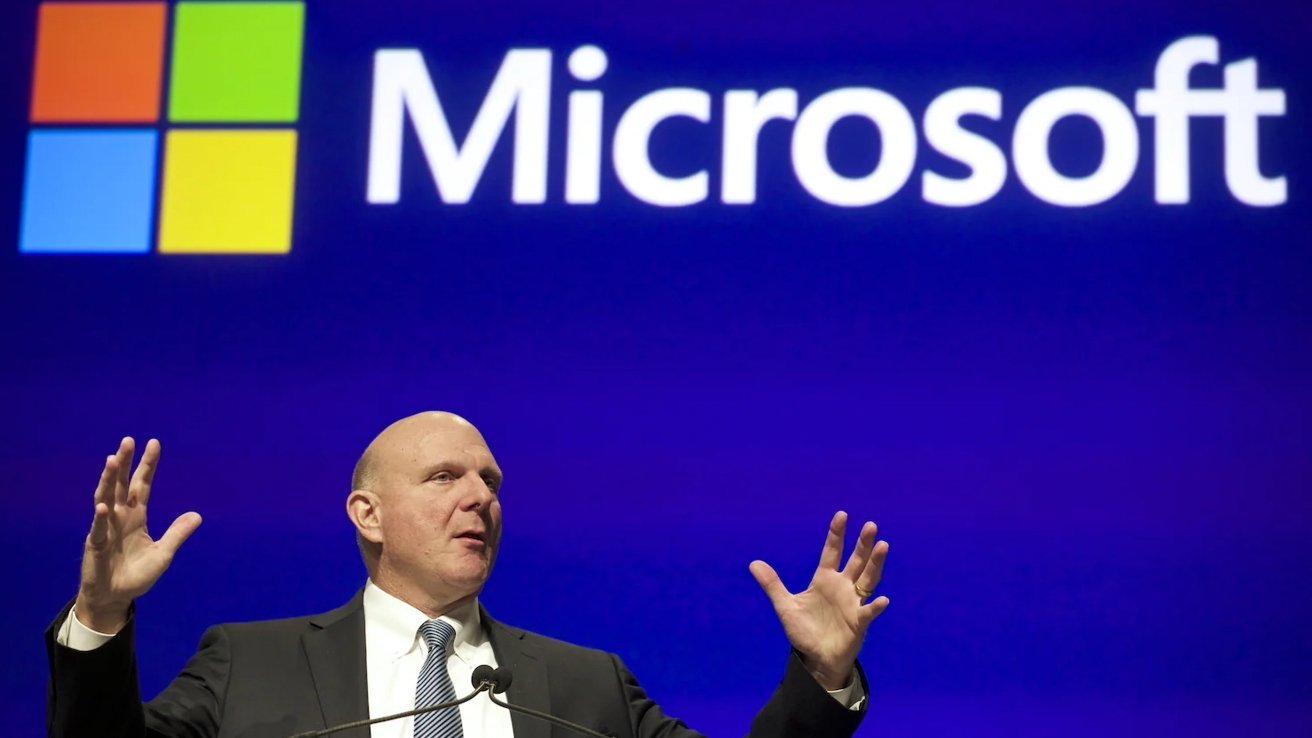

-m.jpg)





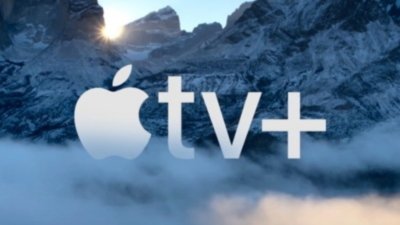
 Amber Neely
Amber Neely
 Marko Zivkovic and Mike Wuerthele
Marko Zivkovic and Mike Wuerthele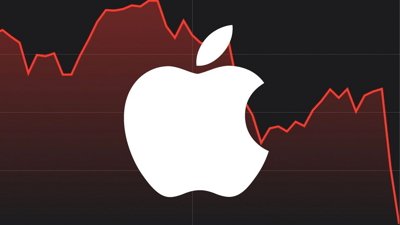
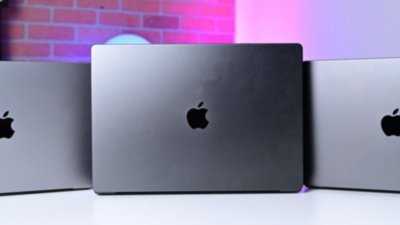
 Andrew Orr
Andrew Orr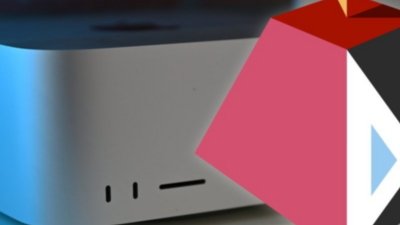
 Malcolm Owen
Malcolm Owen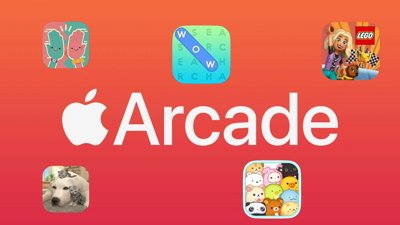

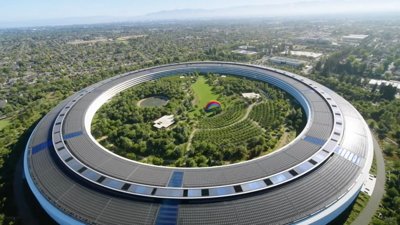
 Wesley Hilliard
Wesley Hilliard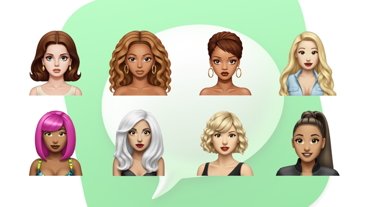
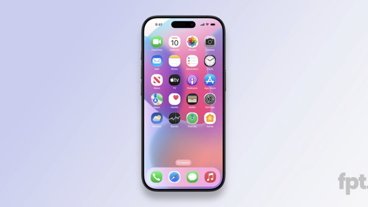
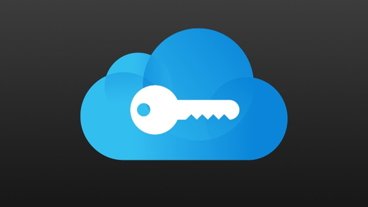







9 Comments
I still can remember my first WWDC in 2002 in San Jose in a far smaller venture than the Moscone center. That was far from being sold out. So getting a ticket was as easy as dropping a stack of money on a table. That was the year Steve Jobs buried MacOS 9 and the interest in Mac OS X was rather smallish at the time. (Developer relations actually phoned individual developers asking them, if they don't want to buy a ticket)
Admittedly in 2002 I was invited as a speaker, since I did some of the engineering labs so it was free for me.
The first sold-out WWDC was actually in 2008 (in the much larger Moscone Center). Nowadays it's only a movie being shown to the public, so why bother, going over there for just that.
“
DED you are my favorite LLM AI even though you are a human. You have to let me know what micro-dosing drug your dealer beings you after you contact him/her on Signal. Your prose always cuts to the heart of the matter. Thanks again.
I gave up on Xcode when I couldn't figure out how to apply for and set up my public key certificate.
I feel like we’ve just experienced a round-the-world cruise inside Daniel’s brain. Good luck with your journey into the challenges and rewards of app development. Happy birthday fellow Gemini.
“Döner” not “Donner”. I assume you meant the kebab/wrap, not “Thunder with everything”. Unless it’s an obscure reindeer-based dish. :p (Either way, I’m definitely co-opting that statement.)